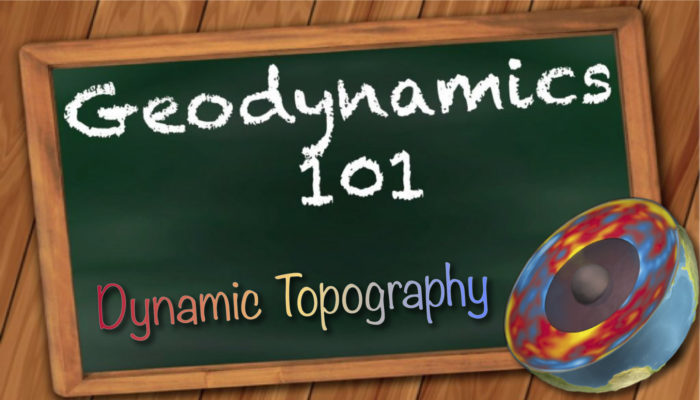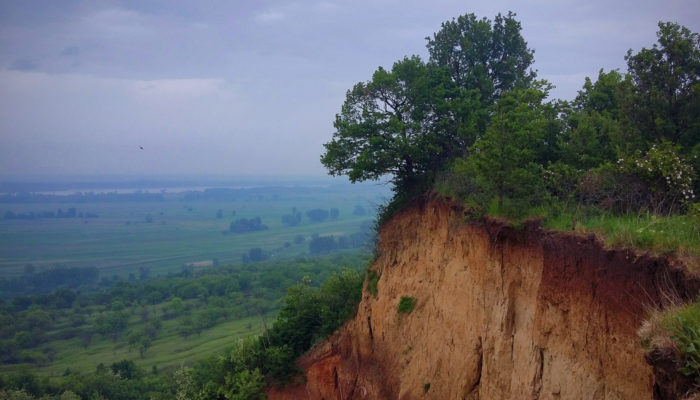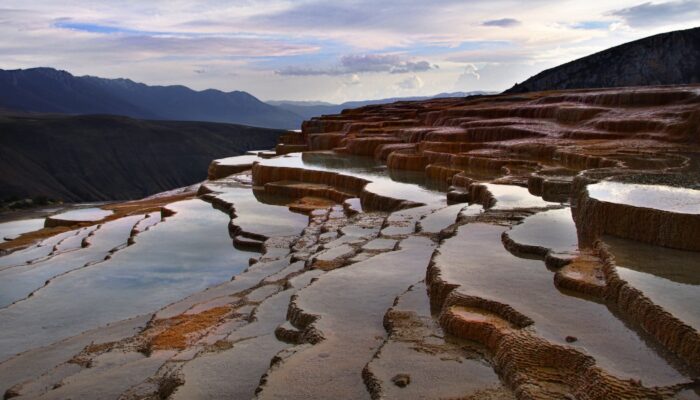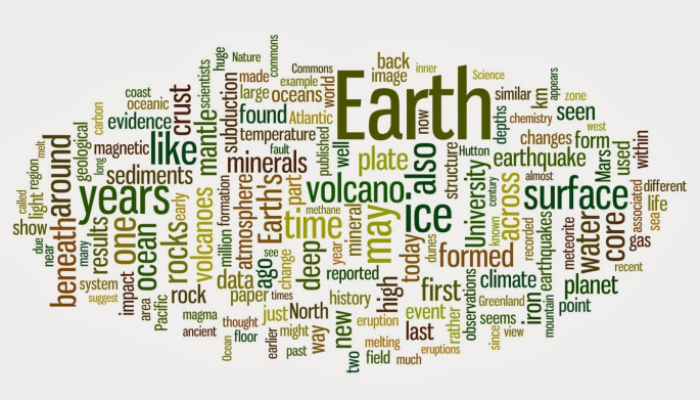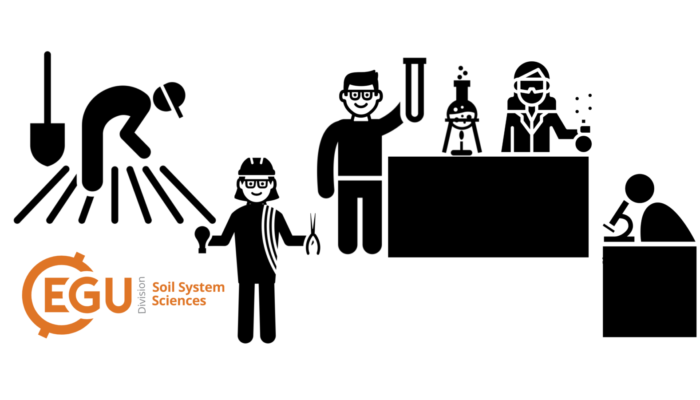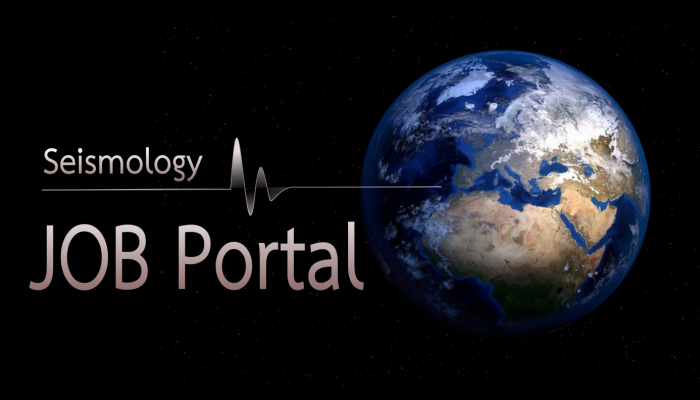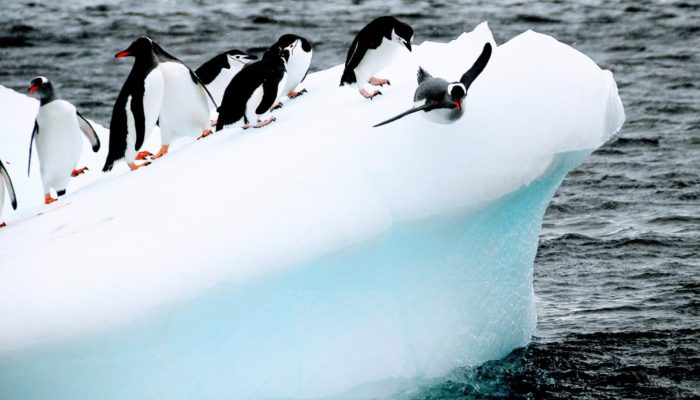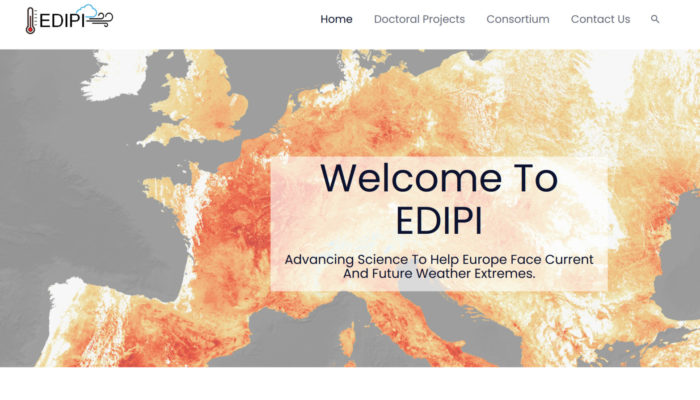The Geodynamics 101 series serves to showcase the diversity of research topics and/or methods in the geodynamics community. In this week’s post, Fred Richards explains how ‘Dynamic Topography’ is used in the Geosciences, and discusses the knowns, unknowns, and the challenges ahead. Since shortly after its tumultuous formation 4.5 billion years ago, Earth has been steadily cooling, wit ...[Read More]
If you didn't find what you was looking for try searching again.
Climate: Past, Present & Future
LOESS IN TRANSLATION
Loess is a mineral, aeolian deposit with a range of definitions in literature, which class it as either a sediment, soil, or rock. Some classic texts suggest that “loess is not just the accumulation of dust” [1], and it must include additional processes such as loessification, calcification, pedogenesis, and in-situ weathering. The definition adopted depends on the scientific background and the qu ...[Read More]
GeoLog
How Open Science may help us during and after the pandemic
As Hedding et al. (2020) indicate, it is “not business as usual” for higher education across the globe. There are many testimonies by scientists who are struggling to work while their children are stuck at home during the coronavirus pandemic (Langin, 2020). Indeed, it is very complex to stay at home to raise and home-school kids and remain productive as an academic while living through a pandemic ...[Read More]
Ocean Sciences
Career Progression – from Academia to Industry
During the summer Liam Brannigan contributed to an EGU careers workshop. Liam has had a diverse career, following his masters in maths at Edinburgh University he worked for several years as an investment consultant. In 2010 however, he fancied a change and embarked on a career in physical oceanography, completing his MSc at Bangor University and his PhD at the University of Oxford. A few post-docs ...[Read More]
Geochemistry, Mineralogy, Petrology & Volcanology
The GMPV “Must-read Papers” is here!
Moving in the wide scientific literature can be overwhelming, can’t it? Especially if you are at the beginning of your research journey. Or maybe you just need the right hint to improve your research. Well, we are here to help! The EGU’s GMPV Early Career Scientist committee would like your contribution to the “GMPV Must-read papers” initiative! Following the “TS Must-read” of the EGU Tectonics an ...[Read More]
Soil System Sciences
The importance of our SSS (…Soil Support Staff!)
Soils do a lot! From supporting food production and filtering water, to storing carbon, cycling nutrients, and hosting organisms, soils are fundamental for our day-to-day lives. But take a look around you. If you’re like me – sitting in an office at the moment – your feet rest upon a carpeted floor, you’re surrounded by four walls, and the only view out of the window is that of a ribbon of tarmac ...[Read More]
Seismology
Seismology Job Portal
On this page, we regularly update open positions in Seismology for early career scientists. Do you have a job on offer? Contact us at ecs-sm@egu.eu Please, note that other available research positions are displayed on the EGU Jobs Portal. Special Thanks to Eric Löberich for researching job postings for the ECS.
Cryospheric Sciences
How small changes can make a big difference: tipping points in Antarctica
As Antarctica’s mass loss increases, the threat of crossing tipping points both in the ice sheet and the surrounding Southern Ocean is increasing. But what actually is a tipping point? Have tipping points already been crossed in the past? And what might the future hold? What do we mean by a “tipping point”? Scientifically speaking, a tipping point is generally understood to be a threshold that, on ...[Read More]
Nonlinear Processes in Geosciences
A new European effort to better understand extreme weather
Extreme weather events routinely have detrimental socio-economic impacts around the globe. In fact, weather-related events make up over 90% of natural disasters worldwide [1]. In the new millennium, the frequency of many extreme weather events such as droughts and high temperatures, has systematically exceeded the levels seen in the 1980s and 1990s [1], and anthropogenic climate change may further ...[Read More]
Atmospheric Sciences
A new European effort to better understand extreme weather
Feature Image: Screenshot of the european weather Extremes: DrIvers, Predictability and Impacts (EDIPI) homepage. Background Image Credits: Copernicus Sentinel data, processed by ESA. Extreme weather events routinely have detrimental socio-economic impacts around the globe. In fact, weather-related events make up over 90% of natural disasters worldwide [1]. In the new millennium, the frequency of ...[Read More]

